 Understand the challenge of this time for both you and your son or daughter. For you, this is a time of both loss and freedom. While your teen is getting ready to leave your home, you are also reducing your responsibilities. As your child is dealing with this departure, he or she is also beginning to pull away from you and this is normal. Spending more time with friends and less with you is a normal step as students begin to get ready for college. Support this and try to make sure that the time you do have with your college-bound kid is as enjoyable as it can be.
Understand the challenge of this time for both you and your son or daughter. For you, this is a time of both loss and freedom. While your teen is getting ready to leave your home, you are also reducing your responsibilities. As your child is dealing with this departure, he or she is also beginning to pull away from you and this is normal. Spending more time with friends and less with you is a normal step as students begin to get ready for college. Support this and try to make sure that the time you do have with your college-bound kid is as enjoyable as it can be.- Have a conversation about your expectations and goals for the first year of college. Don’t assume that your son or daughter can read your mind so specify your goals. For example, explicitly explain that you expect that he or she will attend classes; your beliefs about his or her use of drugs or alcohol; your expectations about involvement in at least one or two activities. Understand that your beliefs, however, are your beliefs and your son or daughter must be the person who eventually takes control of her own learning.
- Consider communications and how to make them work for you. Most college kids have cell phones and one strategy that I used with our kids who went to college was to ask them to call or text me when they were very happy! Having a ‘cognitive map’ to call your parents when something fun happened is an excellent way to keep in touch and to focus on positive events. (also, if you want to stay in touch with your teen—learn to text—it is THE way to communicate).
- Enjoy this transition! Even though it may be challenging, try to focus on planning some enjoyable activities with your soon-departing teen. Don’t spend the last few weeks of the summer before college and the first few months of college giving lectures. Remember, most of your parenting time has already occurred and now, it is your time to be a support system from the side!
- Give up the notion of you being the person who can, will, and should solve your teen’s problems. A goal of college is to transfer the process for responsibility for individual problem solving to your son or daughter. Give suggestions about how they can get help (have you contacted the registrar, have you gone to the infirmary, have you tried to find a tutor or an advisor) BUT DO NOT TRY TO SOLVE THE PROBLEM. The goal of successful parenting is raising independent, self-reliant teens who can solve their own problems and college is a wonderful time to learn this lesson.
- Initiate three specific brief discussions with your college student. First, draft a budget so he or she knows how much and what can be spent. Second, talk about nutrition and exercise as many kids who go to college begin to eat sporadically and consume too much junk and gain weight. Third, talk about time and the productive use of time and how to create a schedule that takes advantage of blocks of time.
- Be a quiet source of support. Send quick notes to let your son or daughter know you are thinking about him or her. Send a care package every now and then with favorite cookies or snacks. Make sure that you tell your teen about things that are happening in your home (updates on siblings, pets, house projects) so that they understand that home is still home. Let them know you are thinking of them and that you are there if you need them.
- LISTEN and don’t disagree if you get a call from your son or daughter telling you that they are not as smart as the other kids and are not going to make it. When they have shared their concerns, reassure them that they would not have been accepted unless they were capable enough to do the work and that at this level of life, it is more about EFFORT and SELF-REGULATION THAN ABILITY. Reassure them and encourage them to discuss their feelings with their new friends and reach out for help if needed. Learning study skills is more challenging when very smart kids have not really had to work at top levels before.
- Understand that your teens will come home for their first break with new ideas, friends, and perhaps a different appearance. Be patient and listen rather than lecture. Over time, he or she will ultimately find the right path but education is about new ideas and challenges and finding your path in the light of all of these new images and messages.
- Encourage your students to get involved in campus activities. Whether it is basketball, debate, student government, tutoring high poverty children, or art, students who are more engaged in campus activities, do better and enjoy college more!
Dr. Sally Reis is a professor of educational psychology in the Neag School of Education @ UConn and parent of four college graduates.
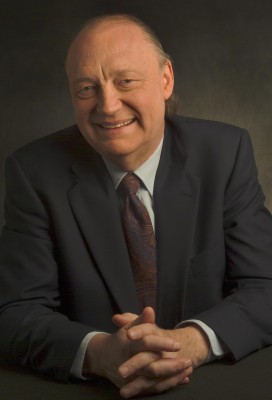 A child reads information in a school textbook. A child then reads on the Internet. Is reading the same?
A child reads information in a school textbook. A child then reads on the Internet. Is reading the same?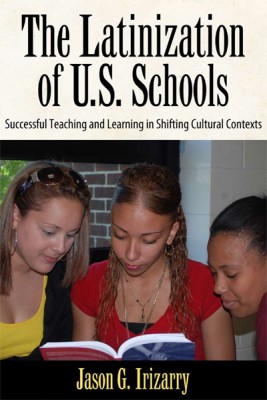 Despite the rise in Latino population in the United States, academic achievement in schools is scarcely recognized among Latino youth. Dr. Jason G. Irizarry, an assistant professor of multicultural education in the
Despite the rise in Latino population in the United States, academic achievement in schools is scarcely recognized among Latino youth. Dr. Jason G. Irizarry, an assistant professor of multicultural education in the 
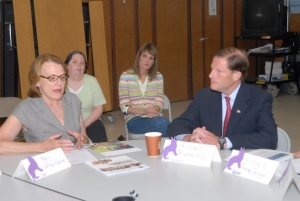
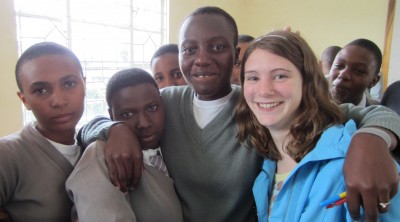
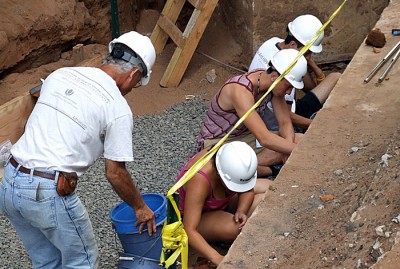
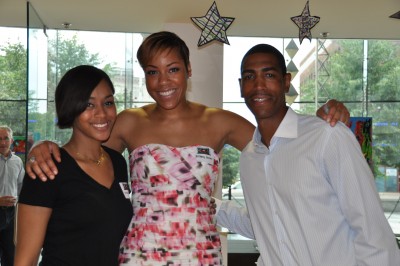
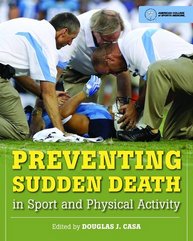 Alarming headlines surrounding sport-related deaths in recent media coverage has prompted national discussion regarding the causes of these conditions and how to prevent them. Dr. Douglas J. Casa, Ph.D., ATC, FACSM, FTNATA, a professor of kinesiology in the
Alarming headlines surrounding sport-related deaths in recent media coverage has prompted national discussion regarding the causes of these conditions and how to prevent them. Dr. Douglas J. Casa, Ph.D., ATC, FACSM, FTNATA, a professor of kinesiology in the 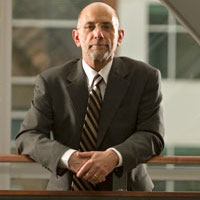 Dear Alumni and Friends,
Dear Alumni and Friends,